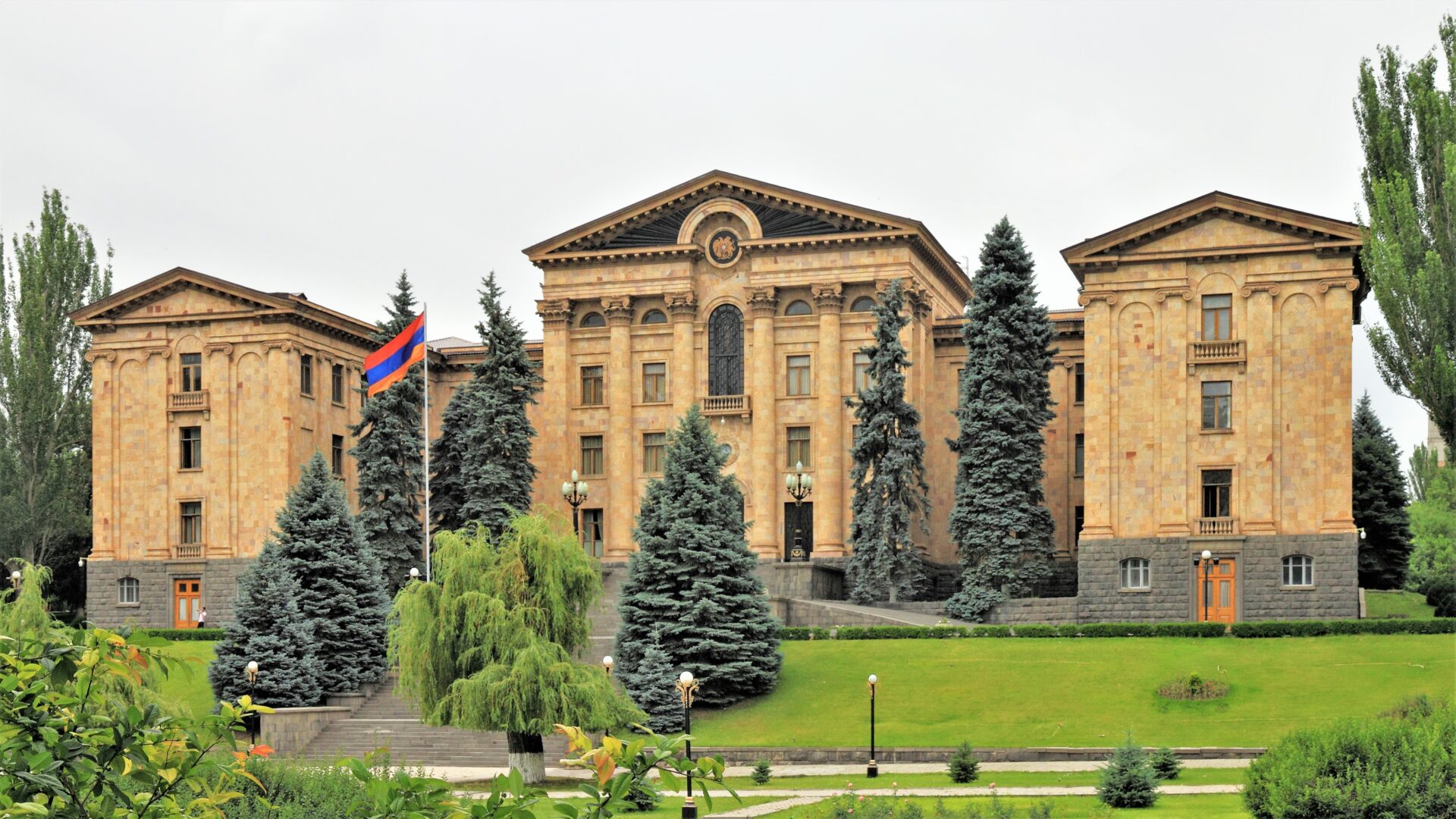Armenia has taken another step toward European integration as the Parliamentary Standing Committee on European Integration approved a bill on the country’s accession to the European Union in its final reading.
The decision, made during an extraordinary session on March 23, sets the stage for further discussions in Brussels, where EU officials await the second reading before providing an official response.
Armenia’s Deputy Foreign Minister Paruyr Hovhannisyan, speaking before the committee, confirmed that the European Union has not yet issued a formal statement regarding the bill.
Responding to opposition MP Armen Gevorgyan from the “Armenia” bloc, he noted that official EU reactions are reflected only in documents and decisions adopted by the Armenia-European Union Parliamentary Cooperation Committee.
However, Gevorgyan expressed skepticism, arguing that EU institutions typically do not wait for multiple readings to express their stance. “If there is a political decision, they either welcome it initially, react positively, or simply remain silent,” he said.
Another crucial aspect of EU-Armenia cooperation is the process of visa liberalization. Speaking at a session of the same parliamentary committee, Paruyr Hovhannisyan acknowledged that visa liberalization remains “perhaps the most painful issue” in Armenia-EU cooperation.
Opposition MP Gevorgyan pressed for clarity on the timeline, asking whether the process could take years and whether Armenia has set a concrete target, such as achieving a visa-free regime by January 1, 2027. “A significant part of Armenian society expects an answer,” he said.
The European Union and Armenia have opened official negotiations on lifting the EU’s visa requirements for Armenian citizens in September 2024.
The Deputy PM pointed to ongoing challenges, including the incomplete implementation of the visa facilitation agreement and frequent complaints from EU partners.
“We are negotiating with various countries and believe that opening new consulates could help improve the situation. However, it remains unsatisfactory,” he admitted.
While emphasizing Armenia’s readiness for negotiations, the deputy foreign minister refrained from providing a specific timeline.
“I would like to give a date, but it’s neither possible nor appropriate. Our EU partners avoid setting deadlines. Similar processes in other countries have taken three to six years. The issue remains on the agenda,” he said.
Visa liberalization has been a key demand for Armenian citizens, who currently require visas to enter the EU.


